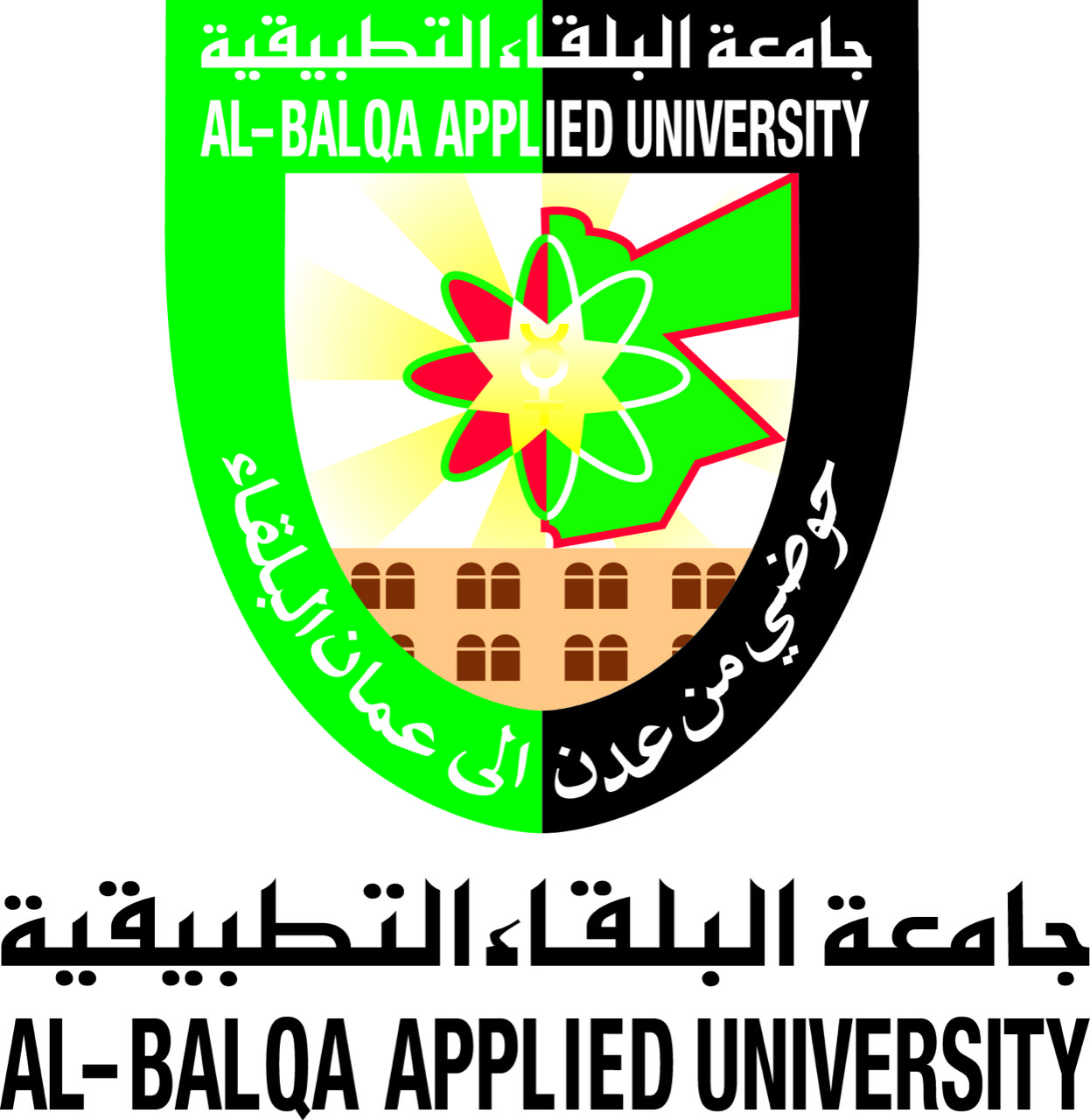The following organisations are taking part in the validation trial of the new analytical methods designed by the OLEUM project.


SGS is a multinational company headquartered in Geneva, Switzerland which provides inspection, verification, testing and certification services. It has more than 94,000 employees and operates over 2,600 offices and laboratories worldwide.
https://www.institut-fresenius.de/en/consumer-testing-services/food/olive-oil


The Bavarian Health and Food Safety Authority (LGL) is the central specialist authority of the Free State of Bavaria in the field of food safety, health, veterinary affairs and safety at work/product safety.
http://www.lgl.bayern.de/


The Agri-Food Laboratory, accredited according to ISO 17025:2017, is the official laboratory for the control of means of production and agri-food products of the Generalitat de Catalunya and depends on the Department of Agriculture, Livestock, Fisheries and Food. The activity of the laboratory is aimed at controlling and monitoring the quality and safety of agri-food.
http://agricultura.gencat.cat/ca/ambits/alimentacio/laboratori-agroalimentari/


Al-Balqa Applied University is an official Jordanian university, characterized by applied education especially engineering and agriculture. It is a competitive University, distinguished in scientific research and contributes to achieving sustainable development.
https://www.bau.edu.jo/
